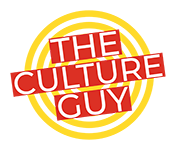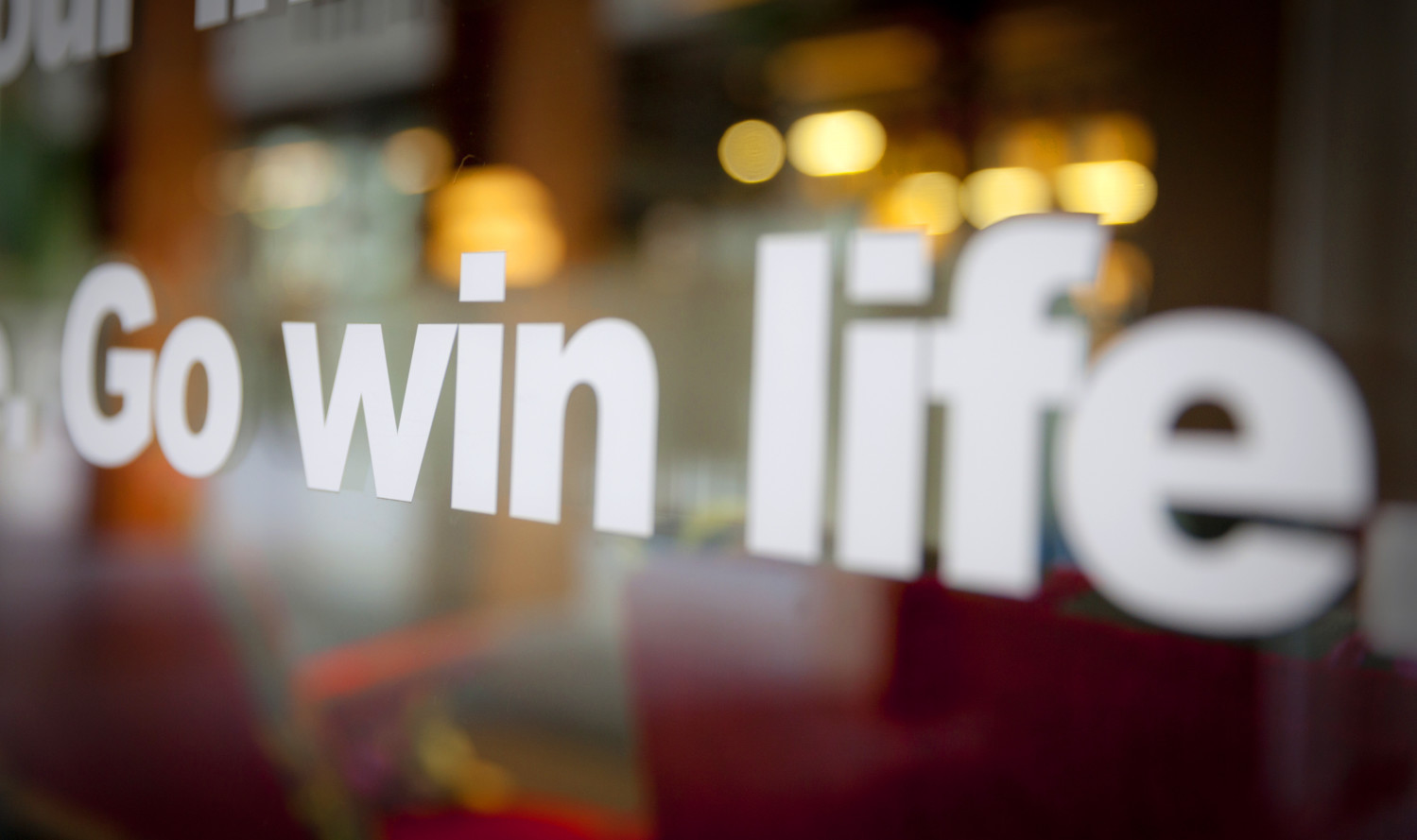Not all difficult conversation are the same. Do you know the difference?
One of the key things to understand about difficult conversations is they come in three forms and if we get the form wrong, the conversation session can go extremely badly.
What I mean by three forms is there are three types of difficult conversations that need to be had.
One is conversations where something has gone wrong and they are the what happened conversations.
Somebody’s made a mistake, it needs to be addressed. The person’s potentially not going to be happy with having made a mistake, so the conversation is going to be a little difficult, but they’re the easiest type of conversations to have. What happened? What do we need to do to fix it? What training needs to happen? Whose fault was it? All that kind of thing.
They’re fairly simple conversations.
The second type is when feelings involved, not only has something gone wrong, but somebody’s feelings have been attacked or hurt and somebody is upset.
So there’s a lot of emotion flying around, and the first thing we need to do is deal with that emotion, validate the feelings, and make sure those are understood and the person whose feelings have been hurt has a chance to kind of express themselves before we then try and move the conversation to the first type of conversation, which is what happened.
The final type of difficult conversation is so much more difficult and this is where people get it so wrong.
The third type is identity conversations. Difficult conversations in which someone’s identity is challenged. Who they are at their core has been challenged. For some people, the job they do is part of who they are. Their identity is built into that. And therefore when we address those types of conversations, we have to be super careful that we are not attacking the person’s identity. And we have to work really hard to address the emotions for people to understand what’s being said, to deal with the specific issues and not the whole identity of the person.
If you want to have difficult conversations, you need to figure out which conversation it is first before you dive in.



